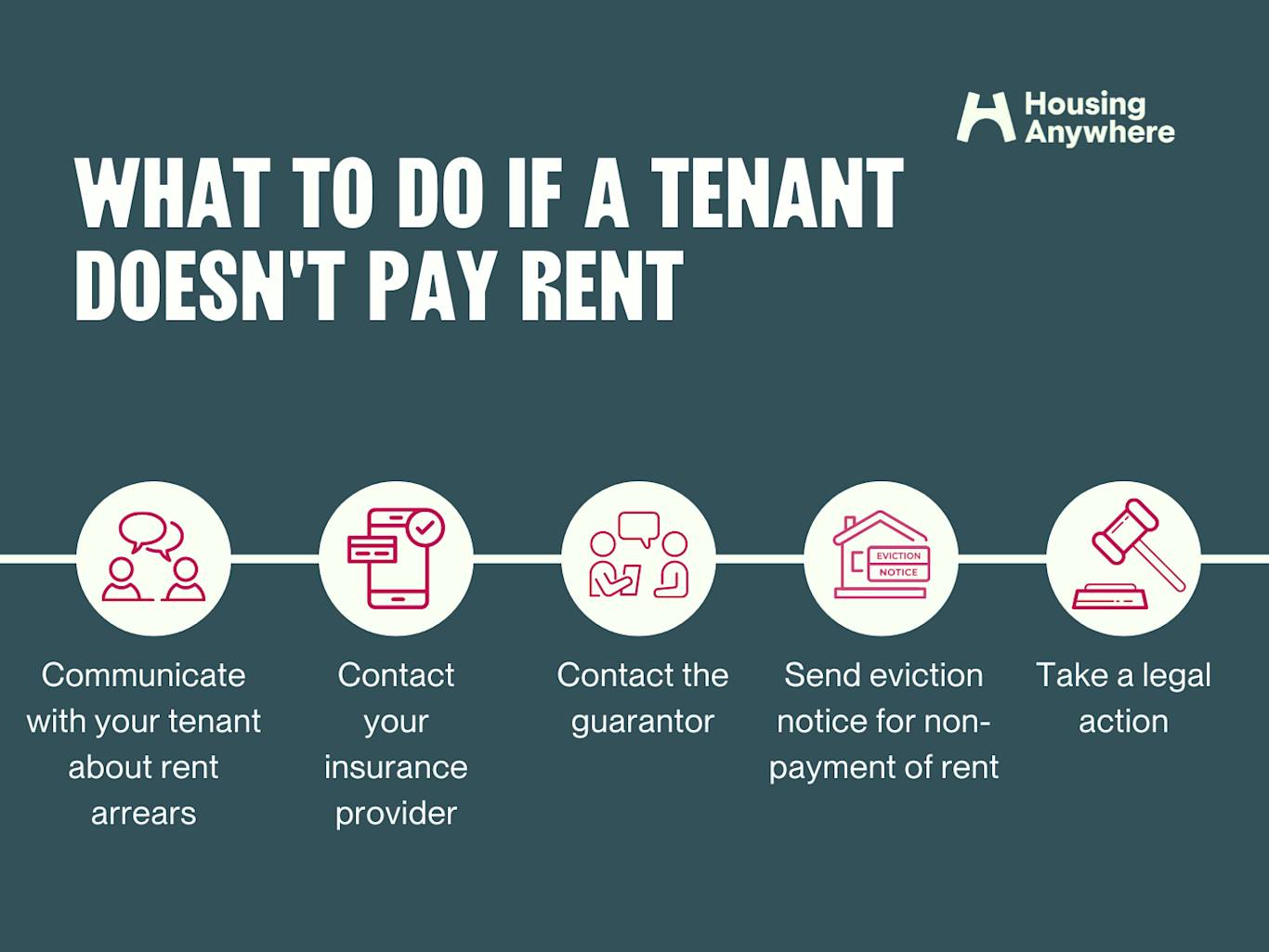What To Do If Tenant Doesn T Pay Rent Malaysia

Eviction notices, mounting legal fees, and sleepless nights. This is the harsh reality facing landlords in Malaysia when a tenant defaults on rent. With the rising cost of living impacting both tenants and property owners, navigating the legal and practical steps of rent recovery has become increasingly crucial. What are your options when the monthly rental payment fails to arrive?
This article provides a comprehensive guide for landlords in Malaysia dealing with tenants who don't pay rent. It outlines the legal procedures, alternative dispute resolution methods, and practical tips to navigate this challenging situation, ensuring landlords understand their rights and the best course of action to minimize losses and regain control of their property. Landlords must protect their interests while also acting responsibly and within the boundaries of the law.
Understanding Your Rights and the Law
The first crucial step is understanding your rights under Malaysian law, specifically the Contracts Act 1950 and the Distress Act 1951.
The tenancy agreement is your primary legal document outlining the obligations of both parties, including rental payments, late payment clauses, and grounds for termination. Review your agreement carefully to understand the specific terms and conditions agreed upon with your tenant.
Landlords often mistakenly resort to illegal eviction tactics, such as changing locks or cutting off utilities. Such actions are unlawful and can result in legal repercussions. Adhering to proper legal channels is vital.
The Initial Steps: Communication and Negotiation
Before resorting to legal action, try open communication.
Send a formal written notice to the tenant as soon as a payment is missed, reminding them of their obligation and outlining the consequences of continued default. Clearly state the amount owed and the deadline for payment.
Attempt to negotiate a payment plan with the tenant if they are facing genuine financial difficulties. A temporary reduction in rent or a restructured payment schedule might resolve the issue amicably and avoid costly legal proceedings.
Legal Remedies: Distress Action and Eviction
If communication and negotiation fail, landlords have legal avenues to pursue.
The Distress Act 1951 allows landlords to apply to the court for a warrant of distress, enabling them to seize the tenant's assets within the property to recover the owed rent. This action requires proper documentation, including the tenancy agreement and proof of unpaid rent. Engage a lawyer to guide you through this process.
Eviction is the final resort, requiring a court order to legally remove the tenant from the premises. The process typically involves serving a notice to quit, followed by a court application for possession if the tenant fails to vacate.
Ensure you follow due process meticulously to avoid potential legal challenges from the tenant. Improper eviction can lead to lawsuits and penalties.
Alternative Dispute Resolution (ADR)
Consider ADR methods to resolve the dispute outside of the courtroom.
Mediation and arbitration can offer a less adversarial and more cost-effective solution compared to lengthy court battles. These processes involve a neutral third party who helps facilitate communication and reach a mutually agreeable settlement.
The Malaysian Mediation Centre (MMC) and the Asian International Arbitration Centre (AIAC) provide professional ADR services. Explore these options before pursuing litigation.
Protecting Your Investment: Practical Tips
Prevention is better than cure.
Thoroughly screen potential tenants before signing a tenancy agreement, including checking their credit history and obtaining references from previous landlords. A reliable tenant reduces the risk of rental defaults.
Draft a comprehensive and legally sound tenancy agreement that clearly outlines the rights and responsibilities of both parties. Seek legal advice when drafting the agreement to ensure it is enforceable and protects your interests.
Regular property inspections can help identify potential issues early on and maintain a good landlord-tenant relationship. Open communication and proactive management can prevent disputes from escalating.
The Tenant's Perspective: Understanding Potential Challenges
While focusing on the landlord's rights is important, it's equally crucial to acknowledge potential challenges faced by tenants.
Unexpected job loss, medical emergencies, or unforeseen personal circumstances can significantly impact a tenant's ability to pay rent. Understanding these challenges can facilitate more empathetic and constructive communication.
Some tenants might be unaware of their rights and obligations under the tenancy agreement. Providing clear and concise information can prevent misunderstandings and promote responsible tenancy.
Looking Ahead: The Future of Landlord-Tenant Relations in Malaysia
The landscape of landlord-tenant relations is constantly evolving.
Increased awareness of tenant rights and the rise of online rental platforms are reshaping the industry. Landlords need to adapt to these changes by embracing technology, prioritizing tenant satisfaction, and staying informed about legal developments. The Malaysian government may introduce further legislation to regulate the rental market and provide greater protection for both landlords and tenants.
By staying informed, proactive, and adhering to legal best practices, landlords can mitigate the risks associated with rental defaults and maintain a successful property investment. Navigating the complexities of unpaid rent requires a balanced approach – protecting your rights while also fostering fair and responsible relationships with your tenants.


















